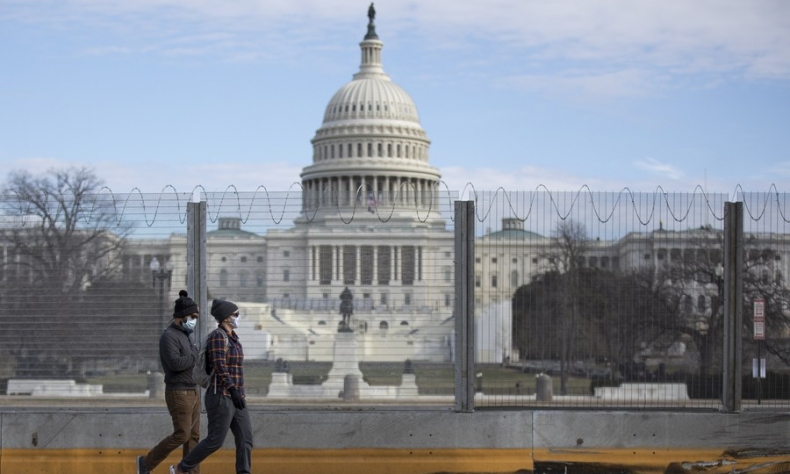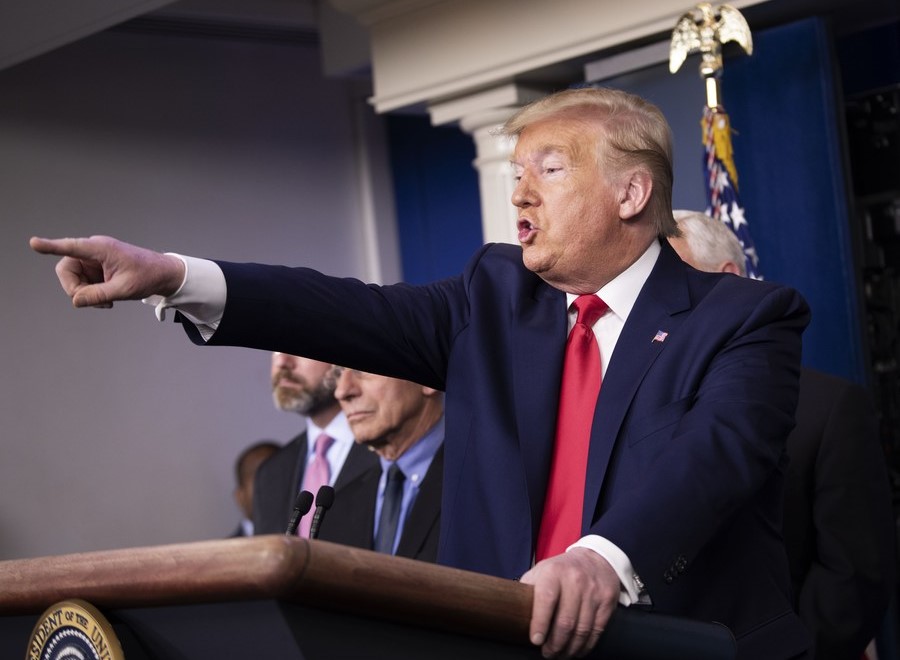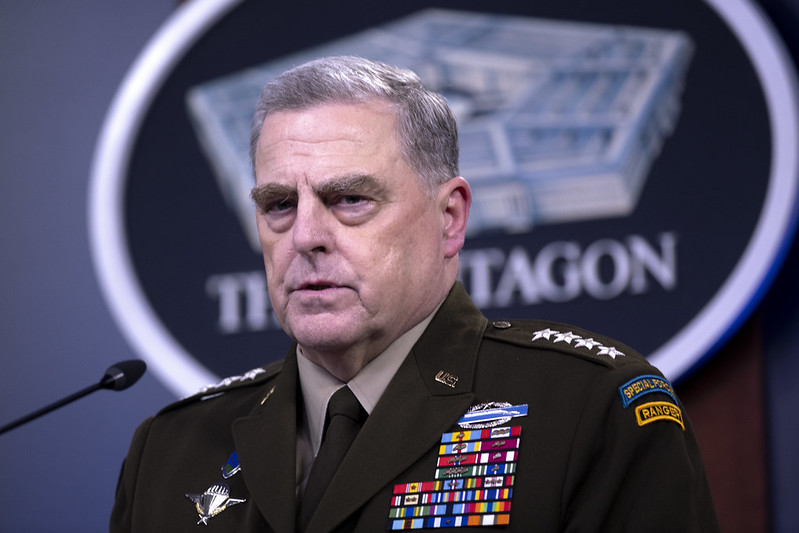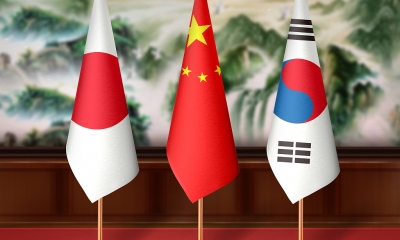The Lesson About the Trump/Milley Debate

We must ensure that no madman, now or in the future, decides that war between the two nations is a must.
America has been free of the disaster that was Donald Trump as president for eight months now, yet the scandals from his four years in the White House simply do not end.
The latest mess comes courtesy of longtime Washington insider Bob Woodward and his colleague Robert Costa. In their upcoming book, they claim Chairman of the Joint Chiefs of Staff Gen. Mark Milley had contacted his Chinese counterpart in early January of this year to tamp down any fears China had about Trump engaging in a nuclear war during his final days in the White House.
Before we go any further, a bit of background: In early January, the U.S. Capitol was under attack. Insurrectionists, operating with the obvious support of Trump, stormed the Capitol just as members of Congress were certifying that Joe Biden would be the next president of the United States. The international embarrassment the U.S. suffered that day was relevant to Trump, who then and still now holds onto the irrational idea that his re-election bid was stolen. His supporters raced to the Capitol with intent to harm (or worse). Trump remained silent for a few hours before publicly telling the insurrectionists “we love you” and asking them to go home.
Seeing all of this unfold in real time, America’s allies and adversaries were keen to know whether Trump’s delusional thinking would lead him to start a war somewhere around the world in an effort to distract from the violence at home.

According to Woodward and Costa, Trump’s behavior was erratic enough that Gen. Milley contacted the Chinese military to affirm that no matter what Trump might do, the U.S. would not start any kind of war with China. In effect, Gen. Milley was saying as loudly as he could that the U.S. was not some rogue nation with an unstable leader ready to start World War III.
In truth, at the time, the U.S. was a nation under siege from within because of an unstable president who had the legal authority to start a war that would have had horrible consequences all over the globe. And the most important American military official was telling the Chinese that would not happen.
Since the release of the details in the Woodward and Costa forthcoming book, harsh words have been exchanged between Trump and multiple U.S. political and media figures. The disgraced former president believes the general committed treason, while Gen. Milley’s defenders insist Trump had created such a dangerous environment within the U.S. that it was necessary for China’s military leaders to know Trump would be prevented by his own military from starting a war.
We know Trump hated China; obviously, he still does. One can imagine how angry Trump was upon learning that a top military official from the country he most loathed was being informed about how he had behaved in the waning days of his presidency.

We do not have a thorough accounting of the general’s thoughts. We do not have a record of how many interactions he had had with Trump during Trump’s presidency. We do not have a thorough understanding of whether Trump ever considered a military engagement with China (although we know he did start a tariff and trade war with the country). Nevertheless, the reporting done by Woodward and Costa leads to a tentative conclusion: War with China was not just some military exercise being practiced in the middle of nowhere under the guise of training; it was a legitimate option in the mind of the former president of the United States, and that reality scared the Chairman of the Joint Chiefs of Staff.
Remember, Trump used his time in the White House to bash anything relating to China. In his depraved thinking, the nation was a threat to his bizarre definition of American greatness. He believed Chinese researchers and students were coming to American universities not to work or learn, but to steal. He refused to accept that his inaction allowed the coronavirus pandemic to worsen; in his mind, it was all China’s fault.
One cannot blame Gen. Milley for seeing that much hate up close and fearing Trump might start a war against the nation he loathed.
That is the lesson in all of this: the depth of hate that has infected Americans’ thinking about China. To list every anti-Chinese and anti-Asian incident that has happened in the United States over the past couple of years would take days to document. But we do not need every case to draw an important conclusion: It is incumbent on the current president to change the rhetoric about China in the United States. And equally importantly, people like you and me who understand how important the political, educational, cultural, economic and social relationship is between the two nations to remain vigilant. We must ensure that no madman, now or in the future, decides that war between the two nations is a must.
The article reflects the author’s opinions, and not necessarily the views of China Focus.
 Facebook
Facebook
 Twitter
Twitter
 Linkedin
Linkedin
 Google +
Google +







